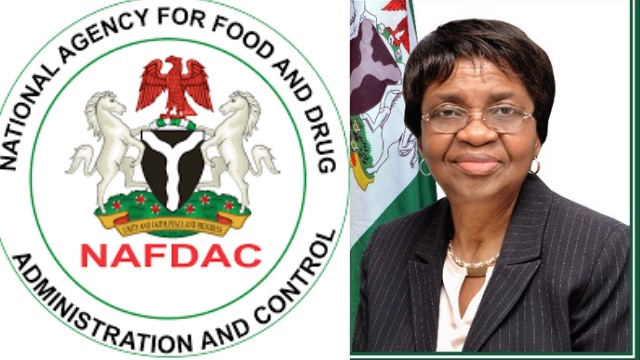The Nigerian government has disclosed plans to vaccinate approximately 109 million people against COVID-19 over a period of two years.
The Executive Director of the National Primary Health Care Development Agency (NPHCDA), Faisal Shuaib, while speaking at Monday’s weekly briefing of the Presidential Task Force (PTF) on COVID-19, said only those eligible will be vaccinated.
He said the federal government plans to vaccinate all eligible population from 18 years and above, including pregnant women.
He, however, said the decision to vaccinate any pregnant woman will be made in consultation with her healthcare provider.
He said there will be considerations of whether she is at high risk of contracting the COVID-19 virus or not, based on guidance from the Strategic Advisory Group of Experts on Immunization (SAGE).
“She is likely to be at high risk for example, if she is a frontline health worker, a support staff or a first responder in the different spheres of the security architecture of our country,” Mr Shuaib said.
“After excluding those that are under 18 years old, we plan to vaccinate approximately 109 million Nigerians that will be eligible for COVID-19 vaccination over the course of two years.”
The Nigerian government is expected to begin the roll-out of approved COVID-19 vaccines by the end of February.
The country is expecting an initial 16 million doses of the Oxford- AstraZeneca COVID-19 vaccines through the Vaccines Global Assess Facility (COVAX) by the end of February.
An additional 500,000 doses of the AstraZeneca vaccines donated by telecom giant, MTN, will also be delivered to the country by the end of February, the minister of health, Osagie Ehanire, said at the briefing.
Mr Ehanire said efforts are ongoing to ensure the effective roll-out of the COVID-19 vaccines when they finally arrive.
He said the Vaccine Coordination Committee has been inaugurated to address diverse issues peculiar to COVID-19 vaccine acquisition by Nigeria.
“Their function is to advise on coordinating access to acquisition and distribution of vaccines when available, and on our immunization strategy.”
Mr Shuaib explained that those eligible to receive the vaccines have been identified using the World Health Organization(WHO) vaccine allocation framework and prioritization roadmap, as well as data from the Nigeria Center for Disease Control (NCDC).
“They are the frontline healthcare workers, support staff; including those that work in high-risk areas such as point of entry workers, rapid response teams, contact tracing teams, COVID-19 vaccination teams and strategic leadership,” Mr Shuaib said.
“People aged 50 years and above, People aged 18 – 49 years with significant co-morbidities and additional at-risk groups.”
Mr Shuaib said the Technical Working Group has developed a strategy of pre-registration and scheduling the target population to avoid over-crowding at vaccination posts.
He said the strategy called the TEACH approach will harness all the benefits of traditional, electronic, assisted and concomitant house-to-house registration to optimize the use of innovative technology.
“The TEACH approach entails: T: Traditional method of vaccinating target populations using desk review of available data sources, identifying the vaccination sites and rolling out.
“E: Electronic self-registration for health workers and the public; a link which provides an online form will be provided. A: Assisted electronic registration
“C: Concomitant e-registration during walk in to fixed sites/health facilities. H: House-to-House registration using volunteers for additional push to rapidly increase the e-registration,” he said.
He noted that a URL link will be rolled out this week for healthcare workers, to register and schedule them for the COVID-19 vaccination.
He said plans are ongoing to train and empower health care workers on administering these vaccines.
He explained that his agency will engage additional personnel in a bid to achieve the coverage level desired and also to ensure best practices in vaccine handling and management.
“The plan is to train healthcare workers, supervisors and monitors at all levels in the next one to two weeks,” Mr Shuaib said.
Premium Times


 Boss Picks4 days ago
Boss Picks4 days ago
 Events5 days ago
Events5 days ago
 Opinion4 days ago
Opinion4 days ago
 Adding Value6 days ago
Adding Value6 days ago
 Headline3 days ago
Headline3 days ago
 Featured6 days ago
Featured6 days ago
 News6 days ago
News6 days ago
 Headline4 days ago
Headline4 days ago














